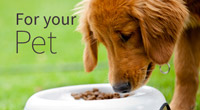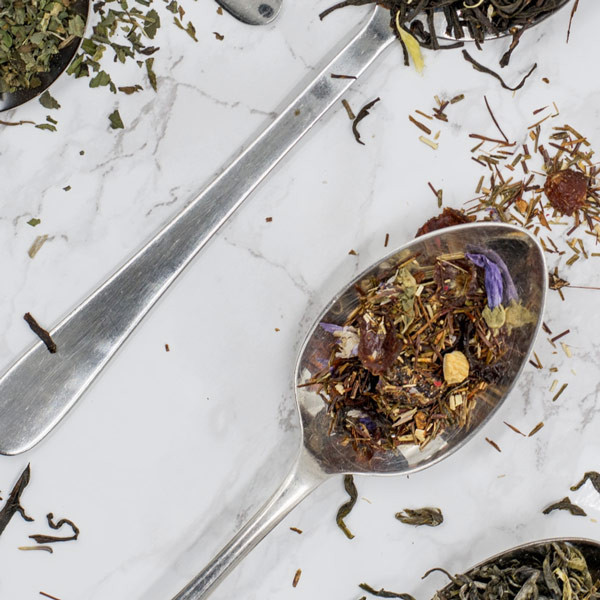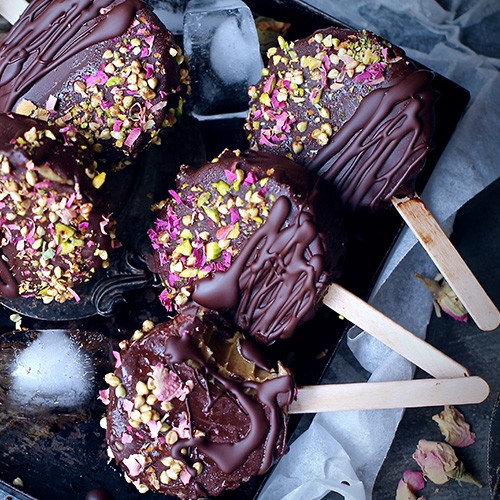Maintaining good gut health is becoming more widely recognised as important for long-term health. This is largely due to the importance that fibre has on utilising the entire gut and feeding a powerful community of bacteria, called the gut microbiome. Despite being in our intestines, the gut microbiome affects our brain, and therefore our mood and many other bodily functions.
A healthy gut microbiome has been linked to improved mental health outcomes, increased immunity, and reduced bowel cancer and dementia risk. An overly processed, “Western” diet is typically low in fibre and therefore doesn’t support microbiome growth and development.
So how exactly can you build a strong gut and healthy microbiome? Below are 5 tips for boosting gut health, to help you live a healthier and happier life.
Eat plenty of fibrous foods (prebiotics)
Prebiotics are types of dietary fibres that are found in plant foods; there are three types of dietary fibres: soluble, insoluble & resistant starch. Prebiotics are essential for good gut health as these feed probiotics; probiotics won’t be nearly as effective if they aren’t introduced into a good environment where they can grow and thrive.
Soluble fibre gels and slows digestion, helps with satiety, is generally lower GI and can assist with lowering your cholesterol. It also acts as a prebiotic because it is largely fermentable. Foods containing soluble fibre include legumes, oats, barley, and fruit and vegetable flesh.
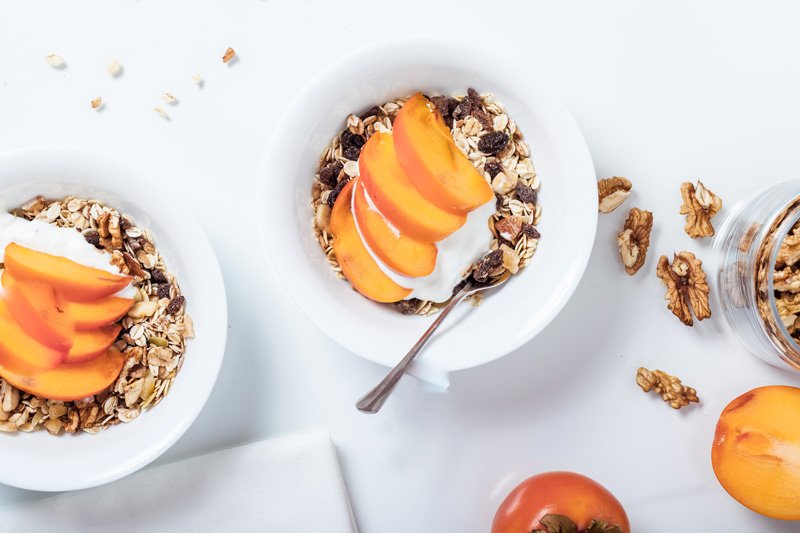
Insoluble fibre bulks stools, is an effective laxation agent, helps with satiety and is key to reducing your risk of colon cancer. Although this generally isn’t fermentable, it is still very important to include in your diet as it helps push and carry other fibres and good bacteria all the way through the gut. Insoluble fibres are found in foods including wheat bran, brown rice, wholegrain and wholemeal products, nuts, seeds and the skin of fruits and vegetables.
The third type of fibre is resistant starch. This is a fantastic prebiotic and source of fuel for your colonic bacteria. These include foods such as legumes, unripe bananas and cooked then cooled pasta, potatoes or grains. Although resistant starch is the best fibre to help grow your gut flora, it is still essential to eat enough of all three types of fibres as one can’t work effectively without the other, and each type of fibre boosts your gut health and general health in different ways. Eating a variety of plant foods is not only great to ensure you get all three fibre types, it also encourages a larger diversity of good bacteria.
The average adult needs around 25-30g of fibre every day to maintain good gut function. You can easily increase your fibre content just by making small changes and additions to your current diet. Here’s an example of what 30g of fibre could look like in a day:
Breakfast: Serve scrambled eggs on top of a slice of wholegrain toast with a small handful of fresh chopped cherry tomatoes as a garnish.
(+ 3.5g)
Morning tea: Mix in a small handful of berries into a yoghurt snack.
(+ 4g)
Lunch: Steam 1 cup of sweet potato (skin on) or pumpkin, and add this to a fresh summer salad or even leftovers.
(+ 3.5g)
Or, you could use 2 slices of wholegrain bread and add ½ tomato to your toasted cheese sandwich.
(+ 6g)
Afternoon tea: Snack on fresh fruit – bananas with a hint of green are actually safe to eat and are great for boosting your resistant starch intake!
(+ 2.5g)
Dinner: Mix 1/2 cup of lentils into a serving of bolognese and swap plain white pasta for a wholemeal variety.
(+ 11.5g)
= 31g fibre
Eat plenty of fermented, probiotic-rich foods
Probiotic foods include good quality probiotic yoghurts, sauerkraut, kimchi and kefir. Aim to include probiotic-rich foods in your diet every day for the best effect – even better if you can a pair pre- and pro-biotic foods together (called a synbiotic) to create a gut-loving meal. A great example of an easy-to-make symbiotic-rich meal is a good quality yoghurt, paired with fresh banana, muesli, nuts and seeds.

What about probiotic supplements? There are many brands and different strains of bacteria to choose from, each of which target specific gastrointestinal issues. Depending on what your concern is, you may need a certain type of bacteria to provide the best effect. High-quality probiotics can be quite costly, therefore trial and error may not be the most practical method for improving your gut health. It may be worth speaking to your GP or an Accredited Practicing Dietitian (APD) to help find a product that offers the correct strain and dose that is best for you, to get you the results you want as soon as possible.
Note that it is best to get your probiotics from food sources first, as these will also provide extra nutrition in your diet at the same time as boosting gut health. For example, a small tub of yoghurt is a great probiotic, is high in protein, and provides over 10 essential nutrients including calcium (which many Australians don’t get enough of!).
Maintain hydration
Fibre soaks up water, so when increasing or maintaining your fibre intake it is also important to ensure you balance this with fluids so the food contents can move easily through your gut. Therefore, it makes sense that staying well hydrated is important for gut health to assist with regularity and preventing constipation. Constipation can lead to intestinal irritation and inflammation, not to mention a lot of pain! Maintain hydration to avoid unnecessary strain on your digestive system, which can damage the strength and integrity of your gut.
Common sources of fluid are water, juice and milk based drinks, but remember that foods like yoghurt, juicy fruits (e.g. oranges and melons), porridge, gravy and soups also contribute to your daily fluid intake.
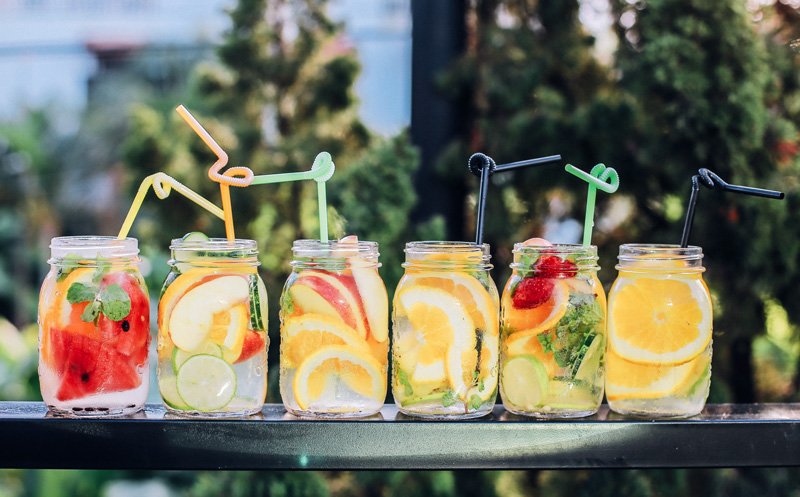
Limit processed foods & alcohol
Fatty, sugary, salty, processed foods feed the wrong type of bacteria in our gut. When harmful bacteria grow and flourish in your gut, this can lead to a range of negative health effects such as low mood, weight gain, stomach inflammation and pain. Having an imbalance in gut bacteria can further intensify unwanted food cravings, which lead back to consuming more processed foods and a further imbalance in beneficial vs harmful gut bacteria. Meanwhile, alcohol in excess can also contribute to inflammation in your gut, and further increases your risk of developing bowel cancer, so it's best to moderate this as well. Did you know that a diet high in salt can also kill off the good bacteria in your gut?
Stress less
Excessive stress can decrease blood flow in your gut and lead to stomach pain, constipation or diarrhoea. Stress has also been found to alter certain strains of bacteria in your gut, which can impact mucus and immune function. And in people with Inflammatory Bowel Disease, stress may make symptoms worse.
So, start adding more wholegrains, vegetables, fruit and probiotic foods into your diet, drink enough water, limit processed foods and alcohol, and stress less for a healthier and happier gut.

For further advice that is more personalised to you, book in for a consultation with an Accredited Practising Dietitian.
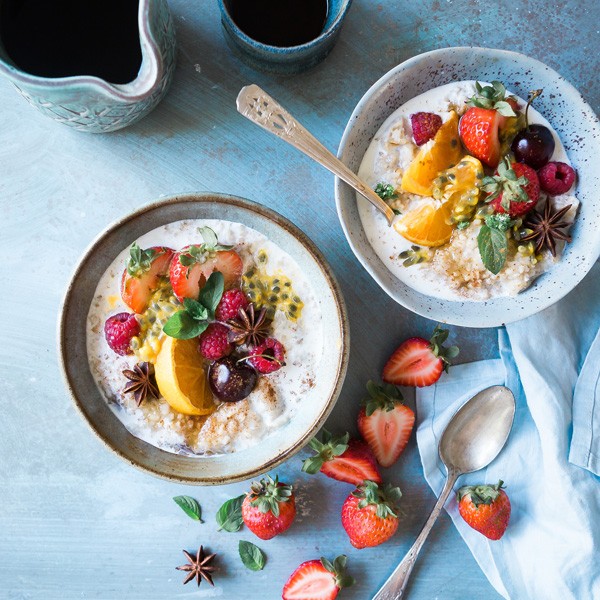
Love Health?
From recipes, trends and discounts, expect great things via email this month.
More Great Reads!

Behind The Brand: Antipodes

Behind The Brand: Zuii Organic
Recipes We Love!
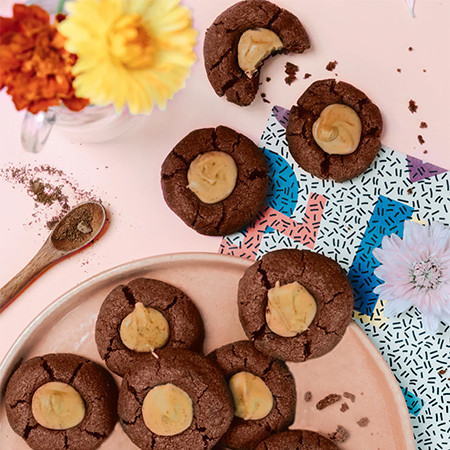
Clever Cookies



